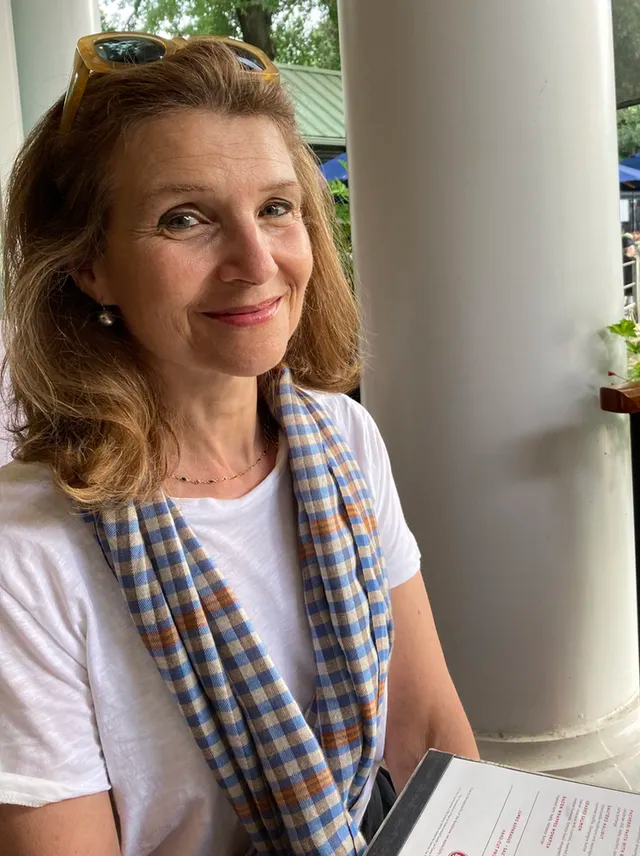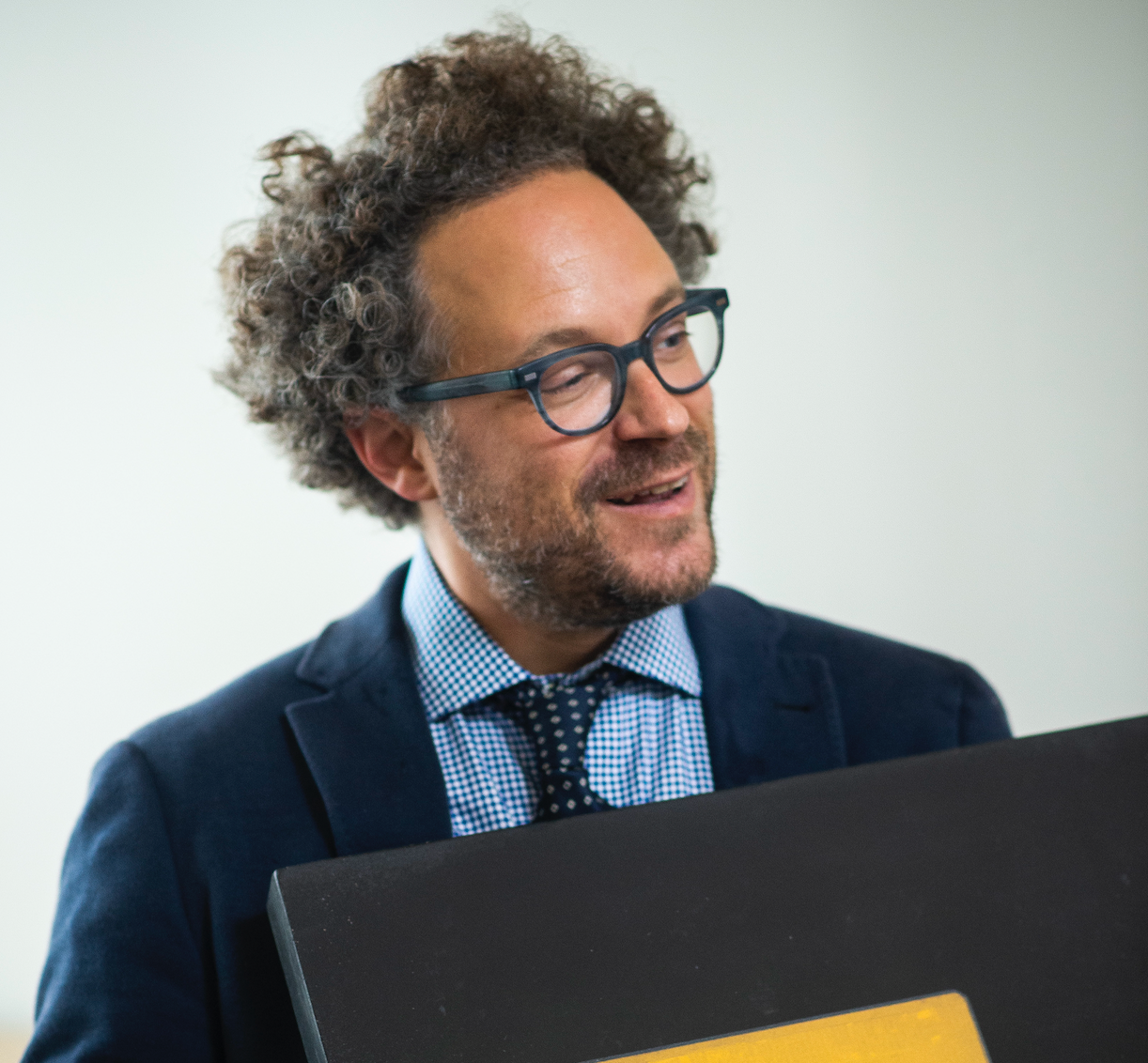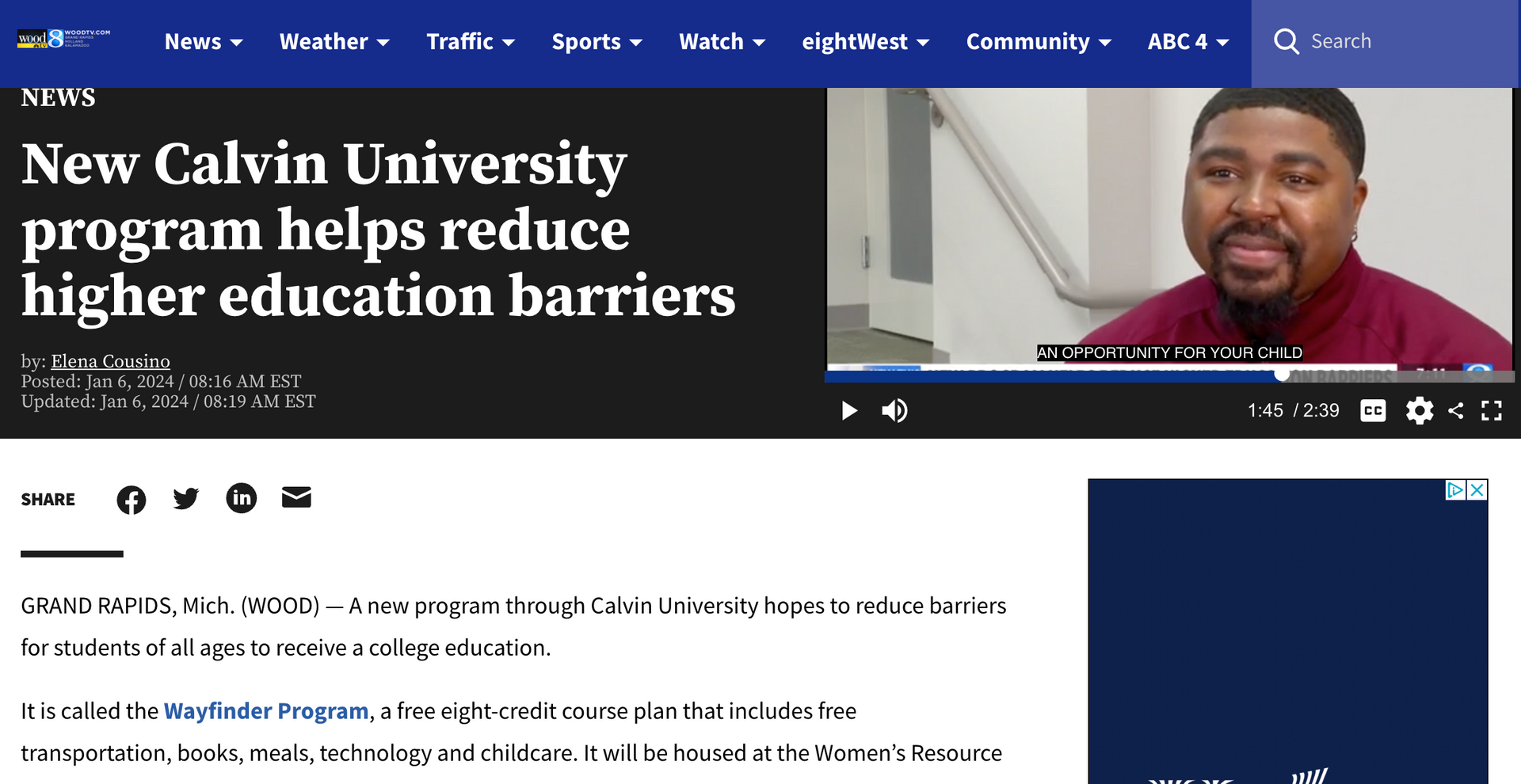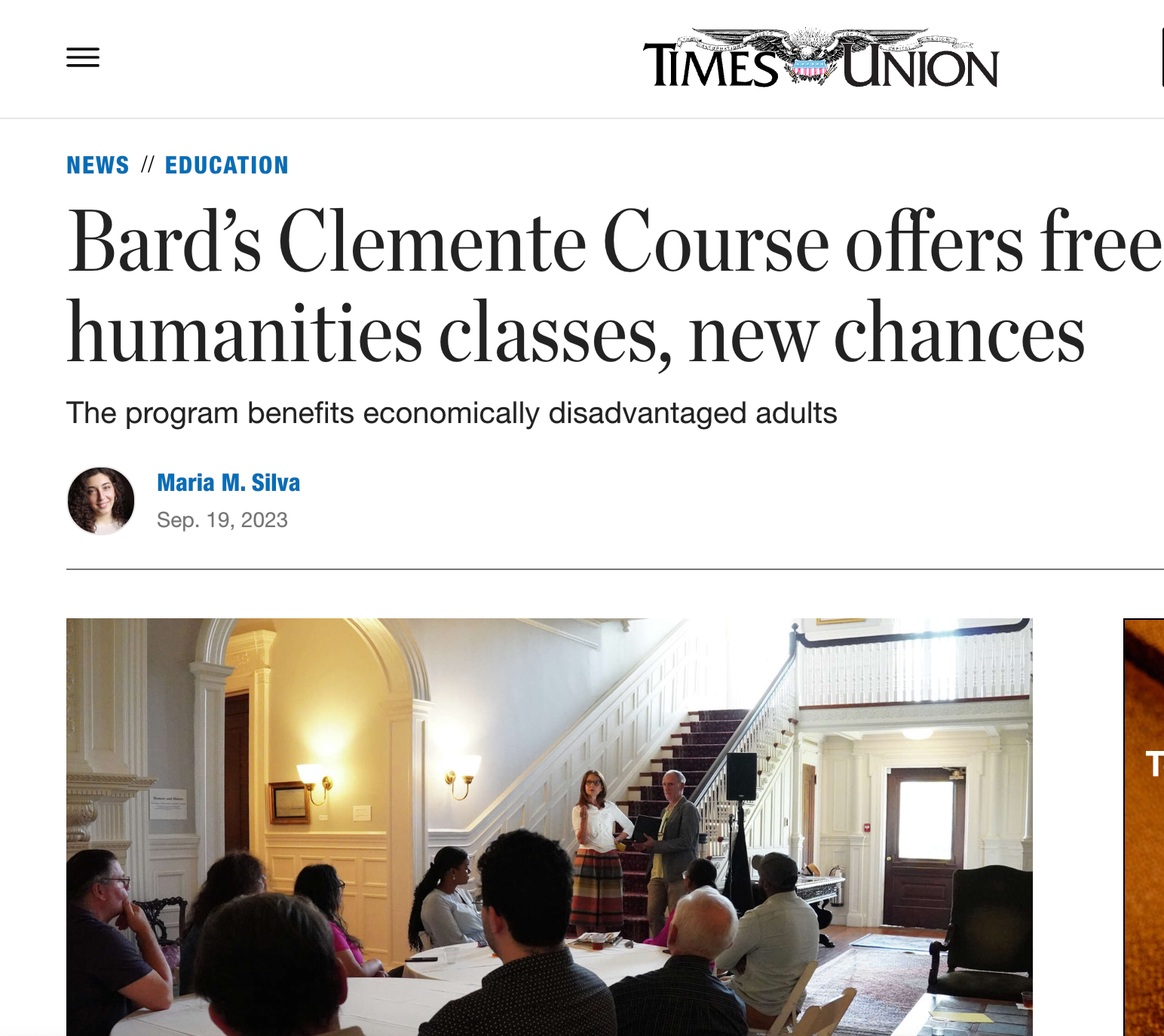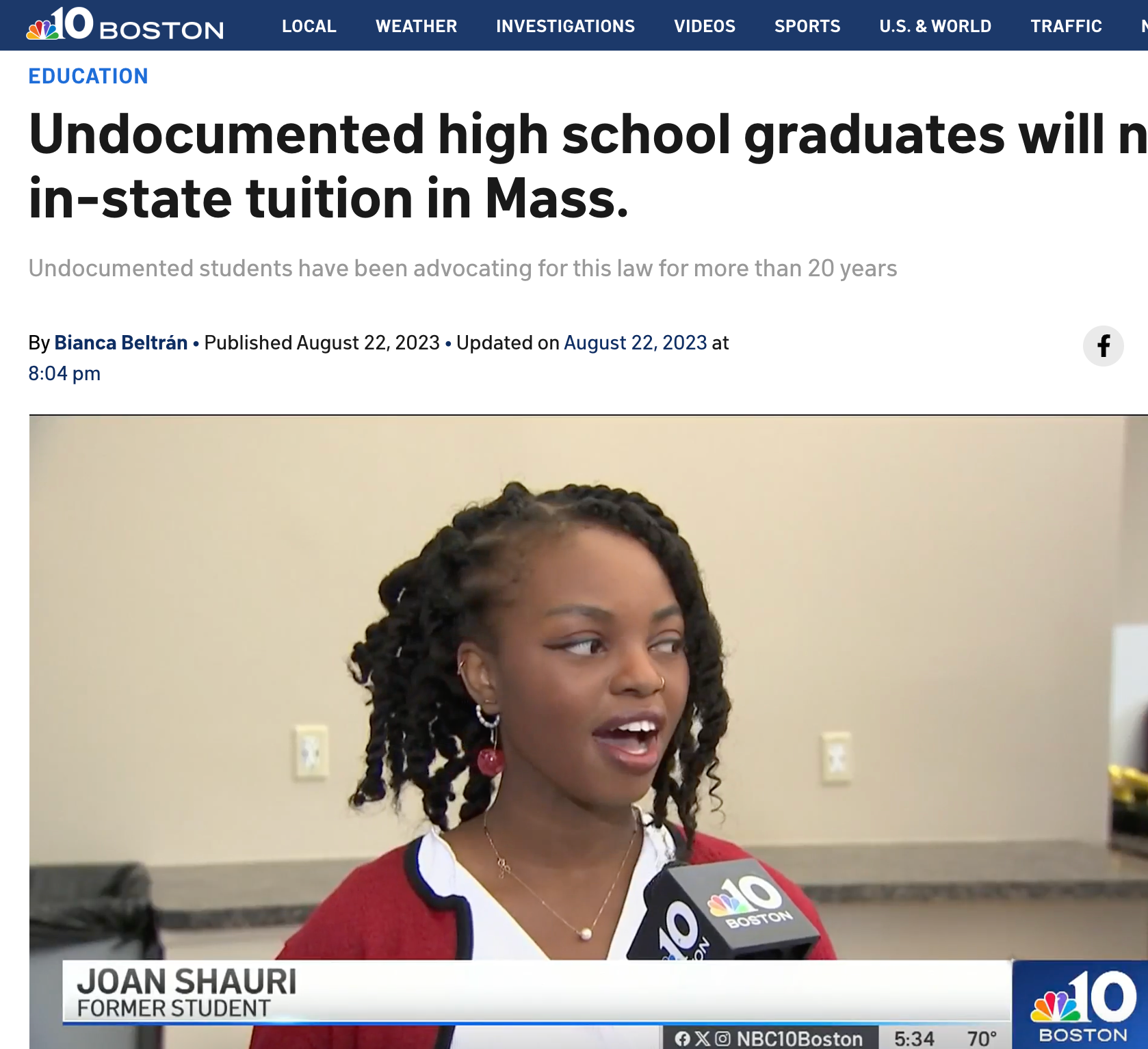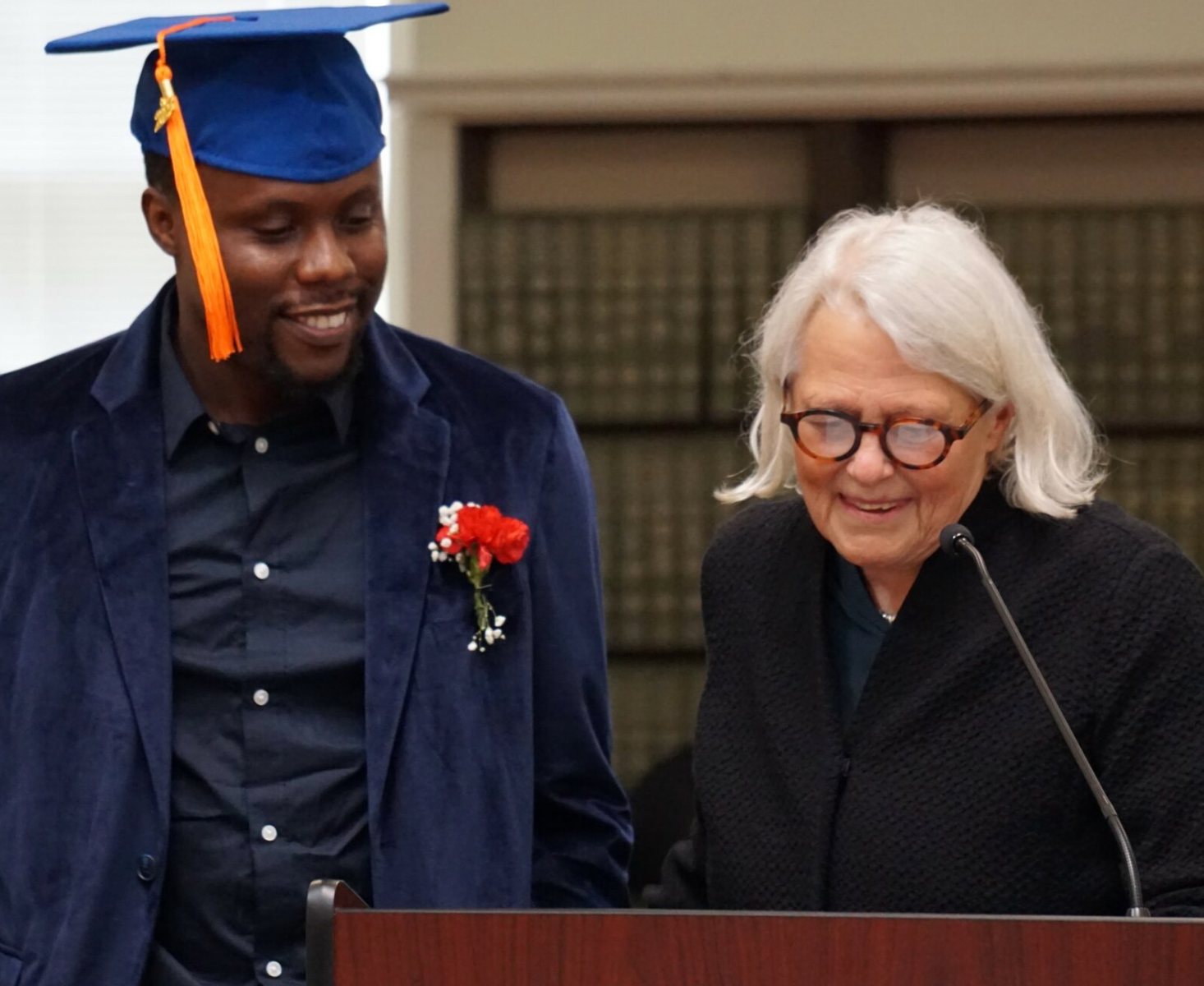Tim Blades is a 2017 graduate of Halifax Humanities 101 , the Clemente-inspired program offered by the Halifax Humanities Society in Nova Scotia. Tim, who lives with several disabilities and health issues and is caretaker for a parent, also serves on the organization's Board of Governors. In this reflection, he talks about his work as an anti-poverty advocate and his experience with the course.
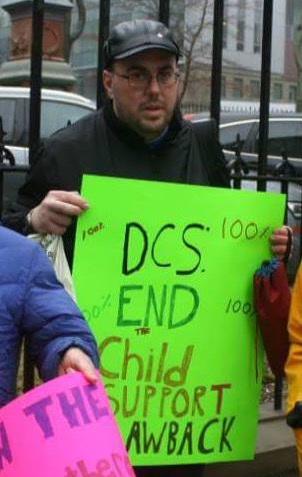
The funny thing is that my involvement in antipoverty advocacy that led to me enrolling in Halifax Humanities, and it was my enrollment in Halifax Humanities that allowed my antipoverty advocacy to continue.
There is a documentary called My Week on Welfare that follows the lives of several recipients of the ESIA (Employment Support and Income Assistance) program in Nova Scotia. The documentarian, Jackie Torrens—herself a former welfare recipient—tries to feed herself on a welfare budget for one week. Watching this documentary encouraged me to the antipoverty movement, and I became friends with Jackie and Aron Spidle, one of the subjects of the documentary.
During a bout of depression, I was having a discussion with Jackie. She mentioned Halifax Humanities. As it turns out, Aron was a first-year student of Halifax Ht that time. I was seeking a way out of the rut depression I was in, and the more I looked into Halifax Humanities, the more I knew I had to be involved in the program.
Over time, the true value of the program became apparent. I saw classmates form support systems. I saw people regain confidence to enter the workforce or to gain additional education. One classmate says the class gave them their life back—that they went from being a self-described recluse to participating in society again. So much good can happen when barriers are removed.
One aspect of a text that has stayed with me is from Plato’s Republic—whether it is more important to actually be fair/just or merely have the reputation of being so. I have seen this often in antipoverty advocacy. Previously, the provincial government would announce a $40 increase to personal allowance for ESIA recipients, while not mentioning the woefully inadequate shelter allowances. In reality, a recipient would have to spend that personal allowance increase on their rent—even though on paper and in the media it’s a personal allowance increase.
I saw classmates form support systems. I saw people regain confidence to enter the workforce or to gain additional education.
In 2016, my transportation expense (i.e. bus pass money) was taken away from me. My then welfare caseworker felt that I didn’t have enough medical appointments to warrant a transportation expense. Thankfully, the antipoverty group I was involved in would meet on Tuesdays, right after Halifax Humanities. In fact, the group would meet 3 minutes away from where Halifax Humanities held their 101 classes. Halifax Humanities provides free transportation to and from their classes via bus tickets. This allowed me to continue attending the antipoverty meetings.
My connections to the antipoverty world and to Halifax Humanities have impacted others as well. Some of my Halifax Humanities classmates have become advocates, while some of my antipoverty friends became students of Halifax Humanities.
I would love to see social support systems like welfare systems adopt the approach of Halifax Humanities. The systems that are supposed to help often serve to further marginalize those who are already marginalized. Halifax Humanities hands a lifeline to those same people.
